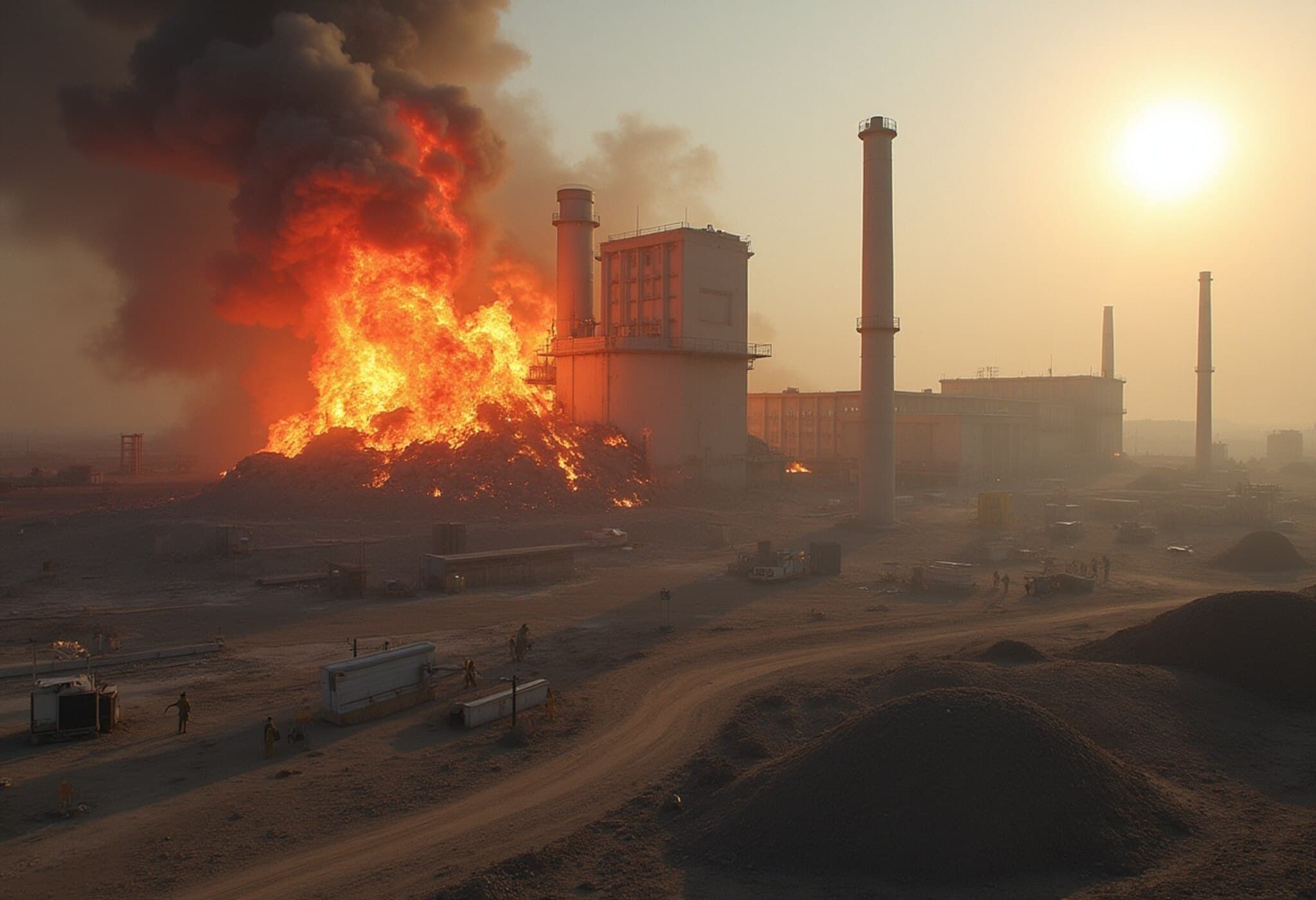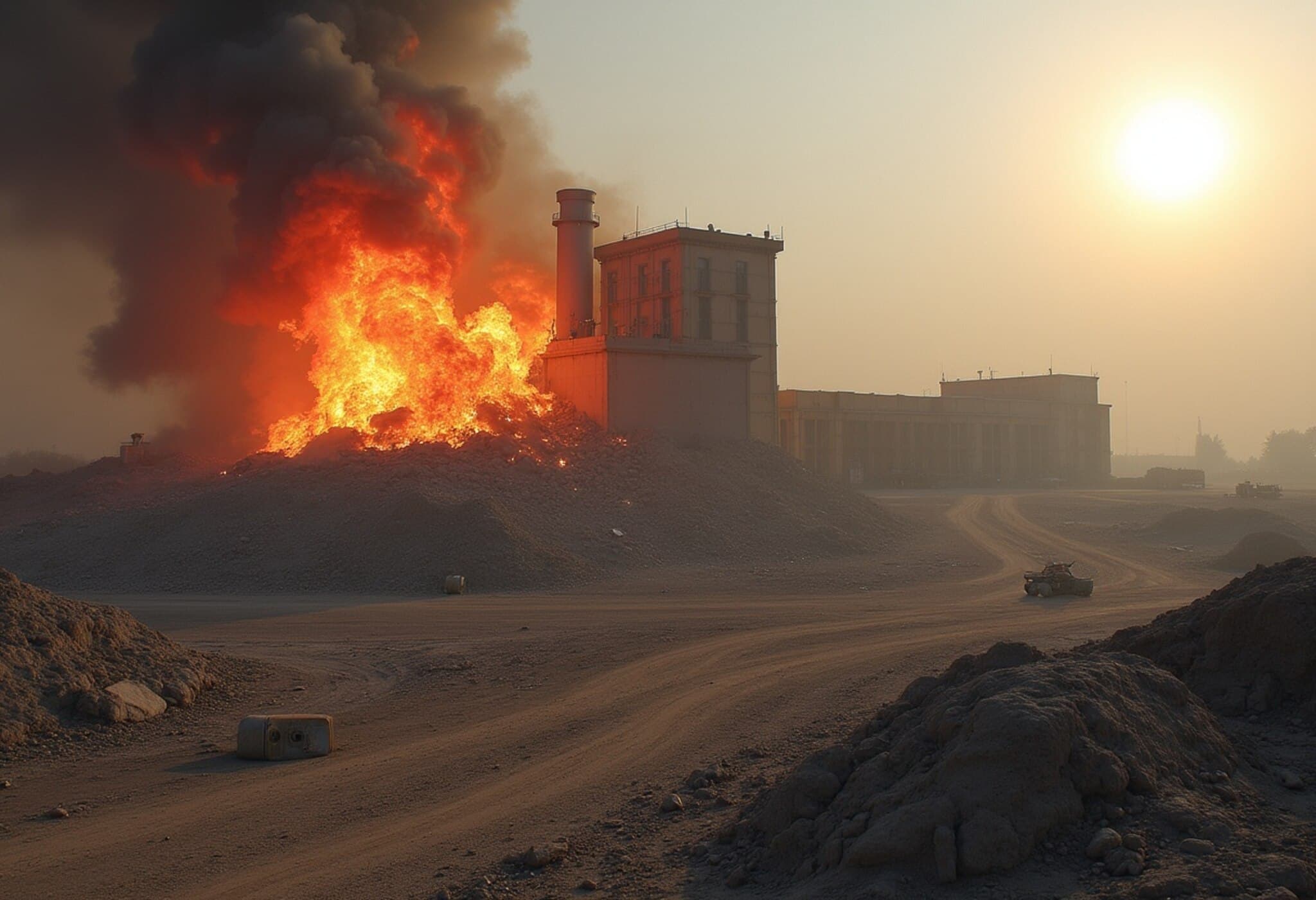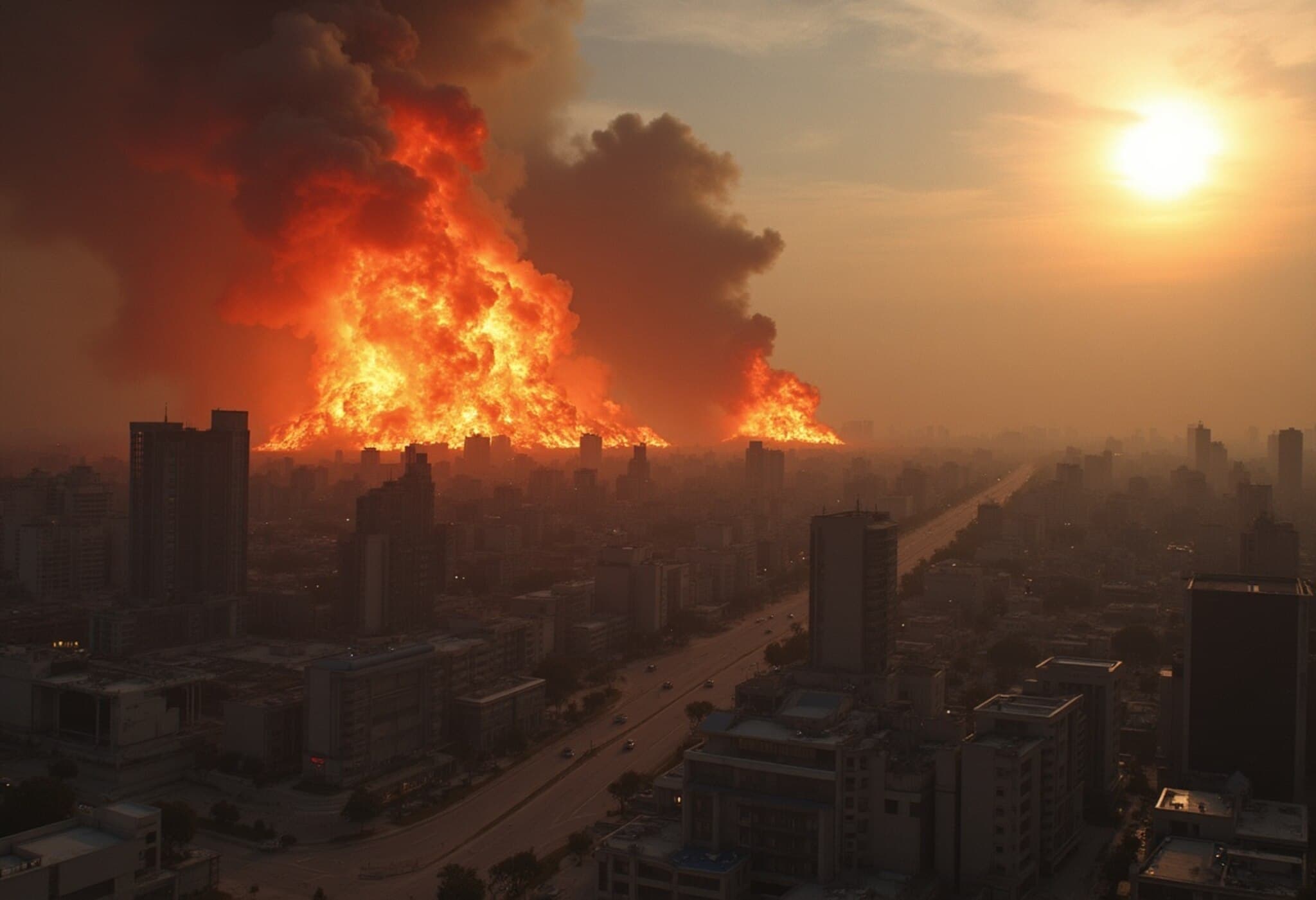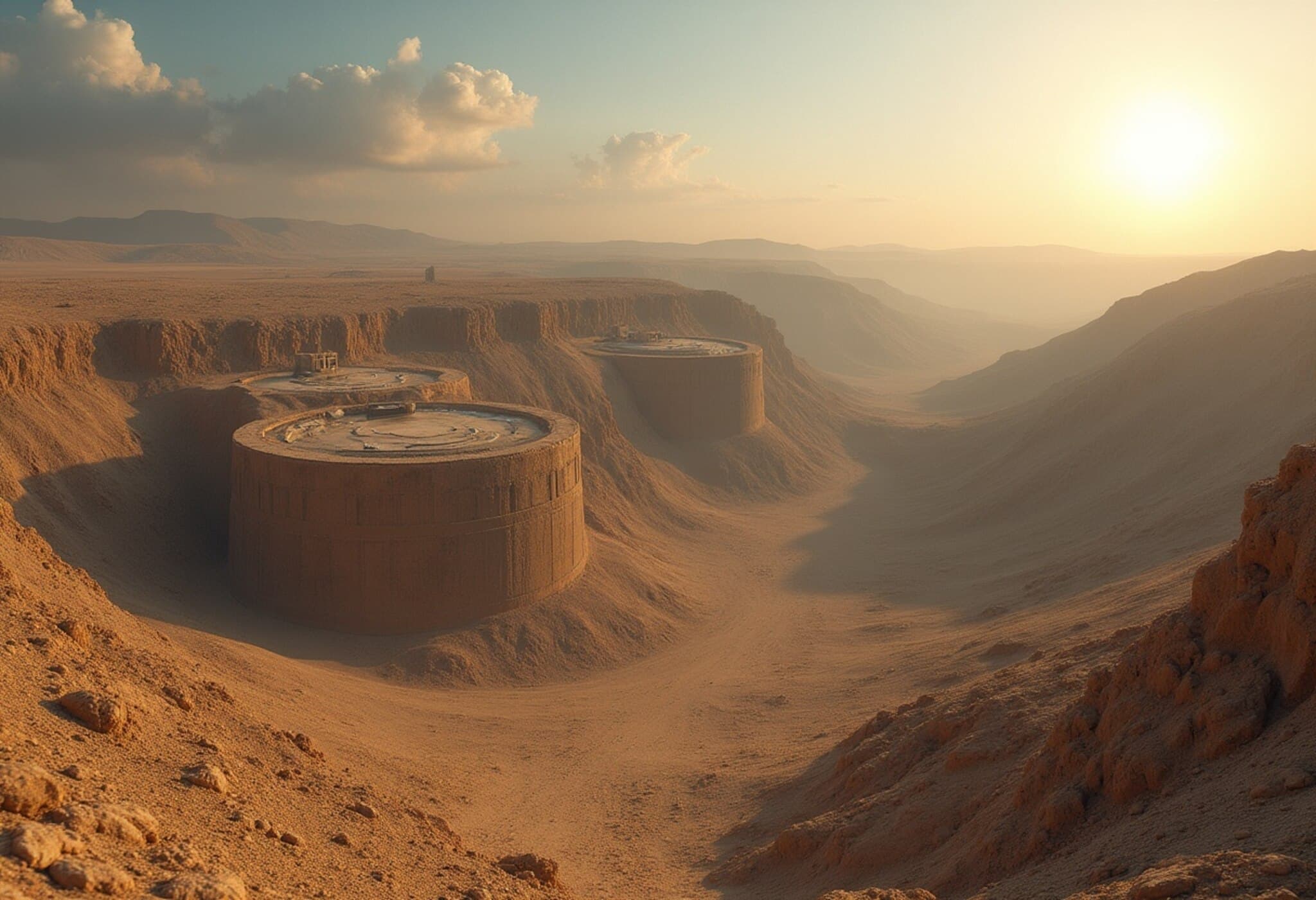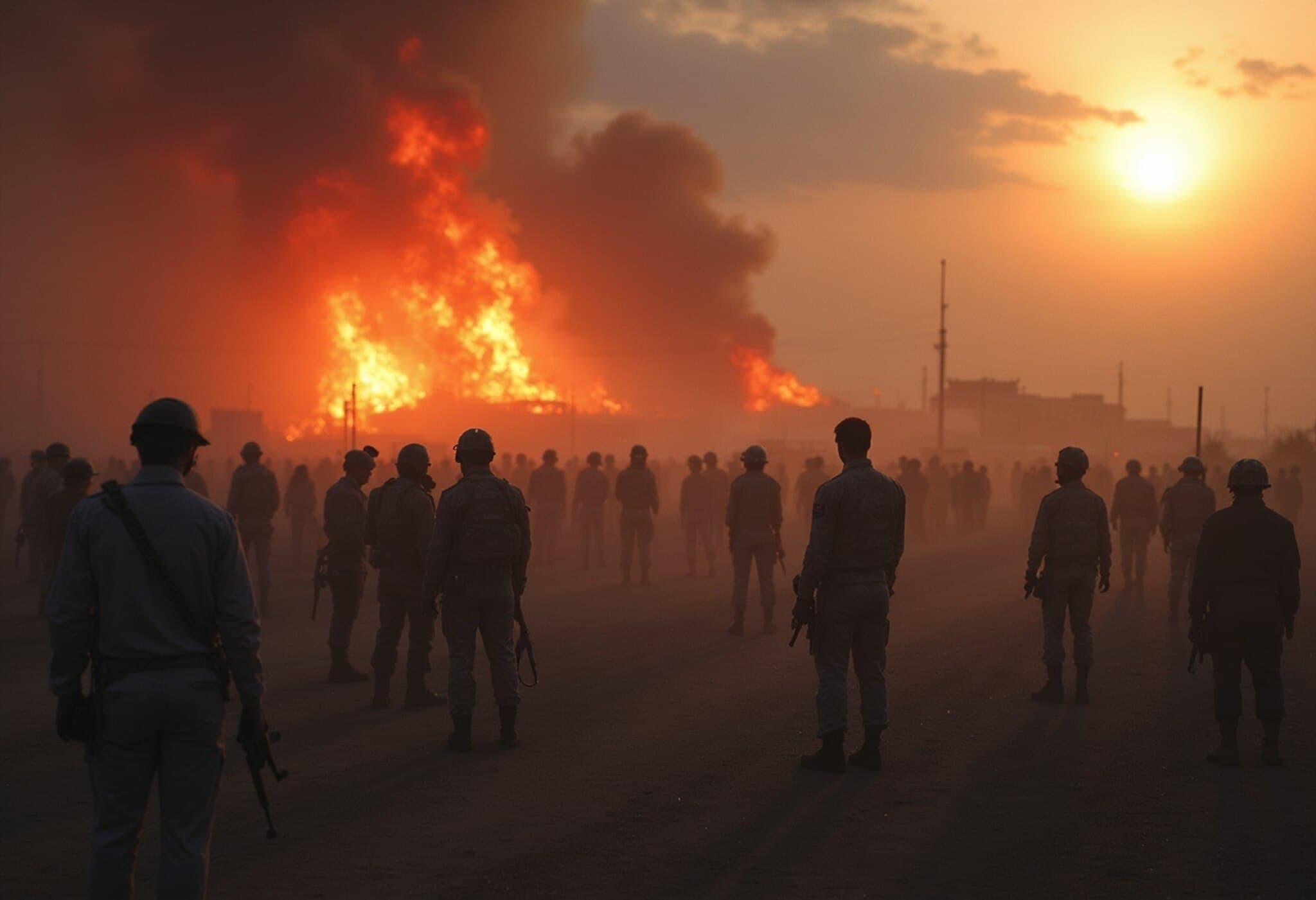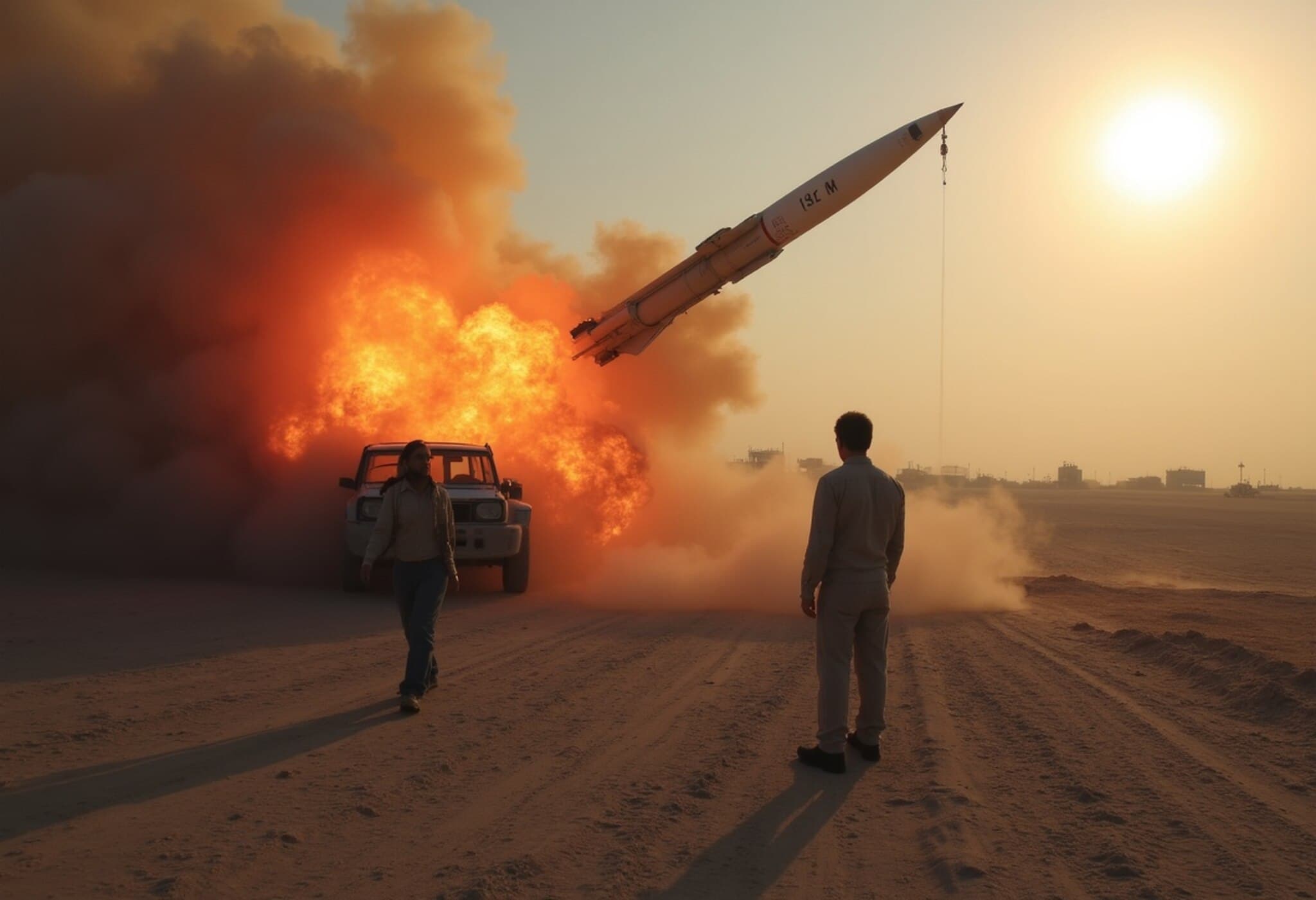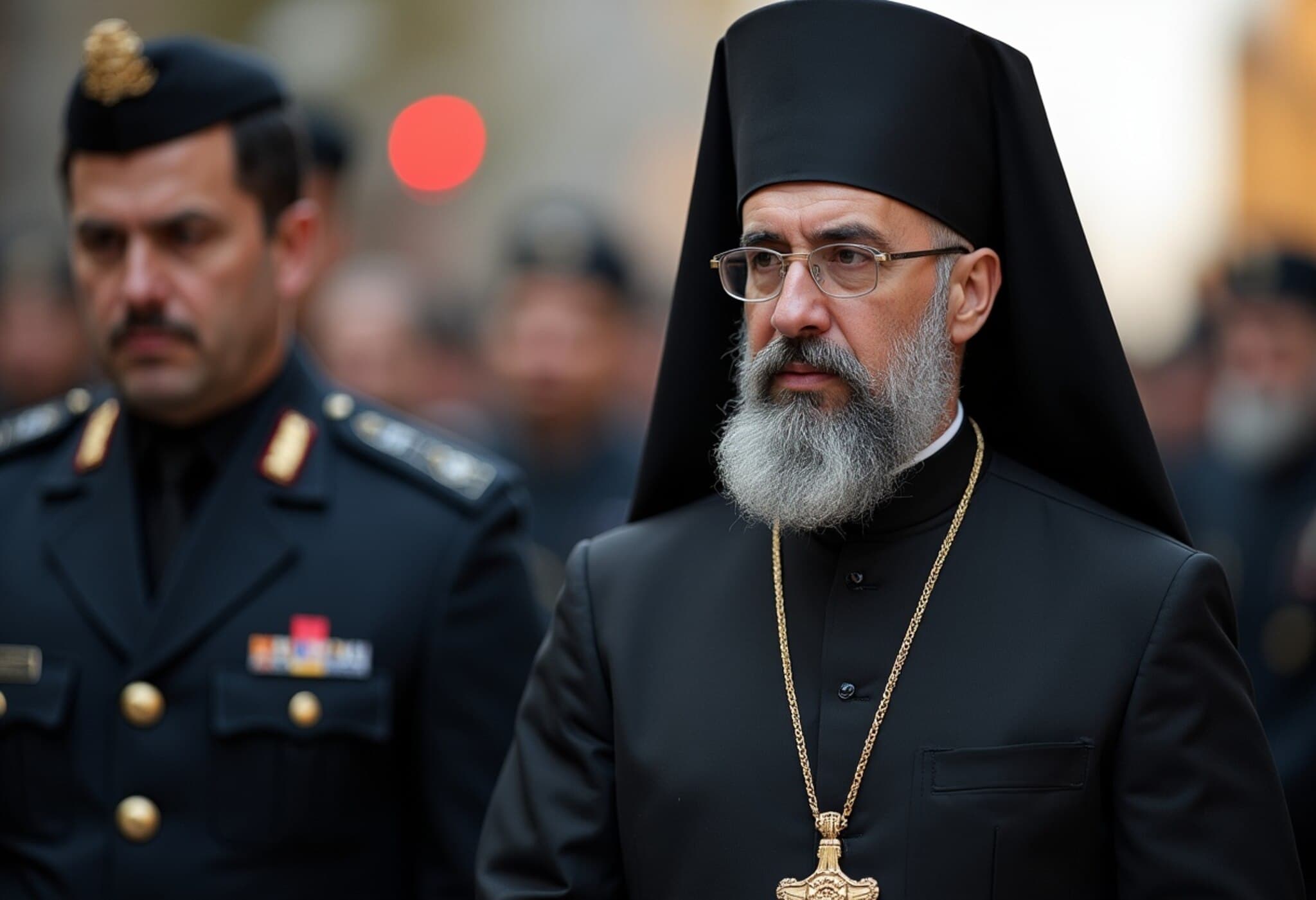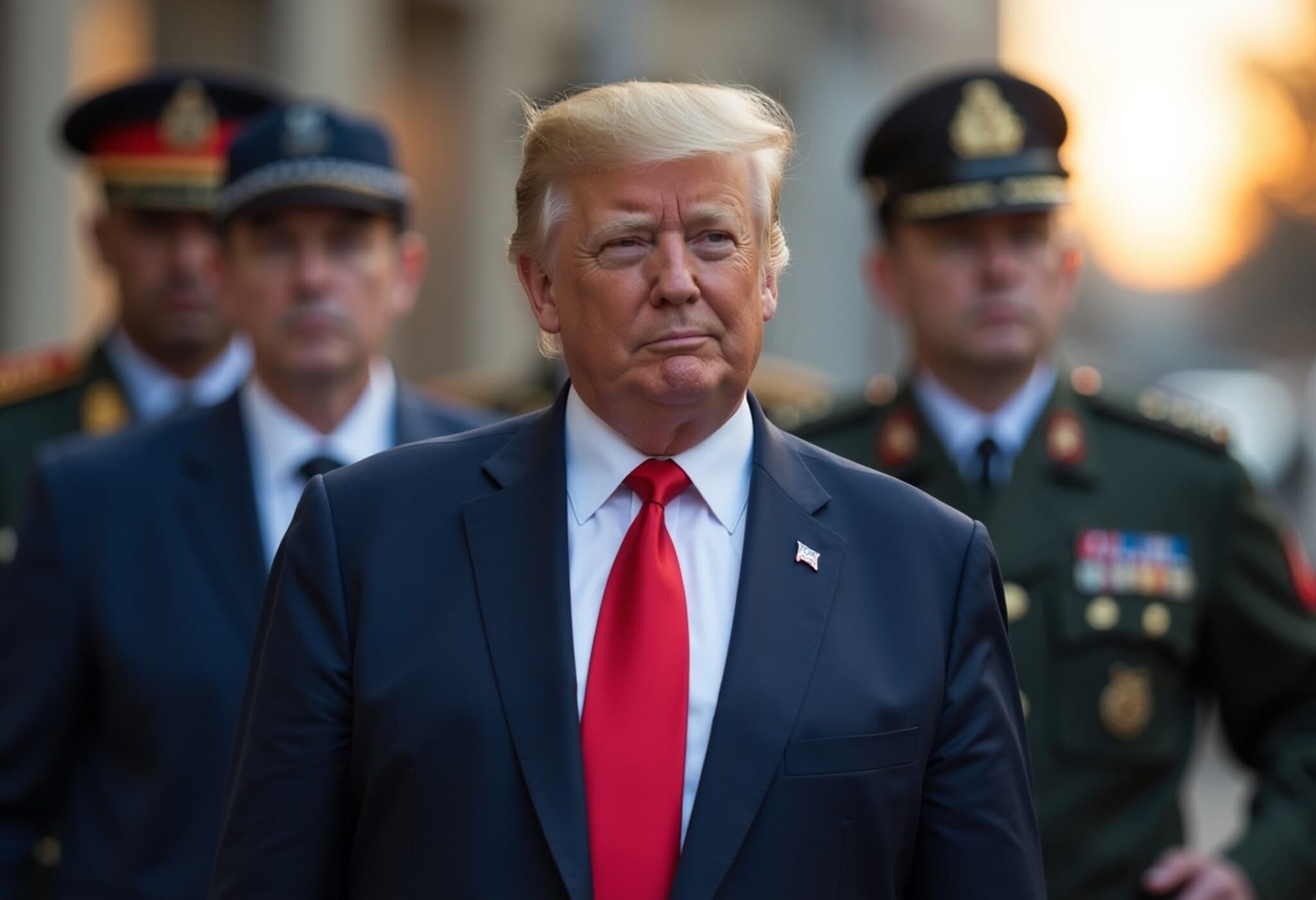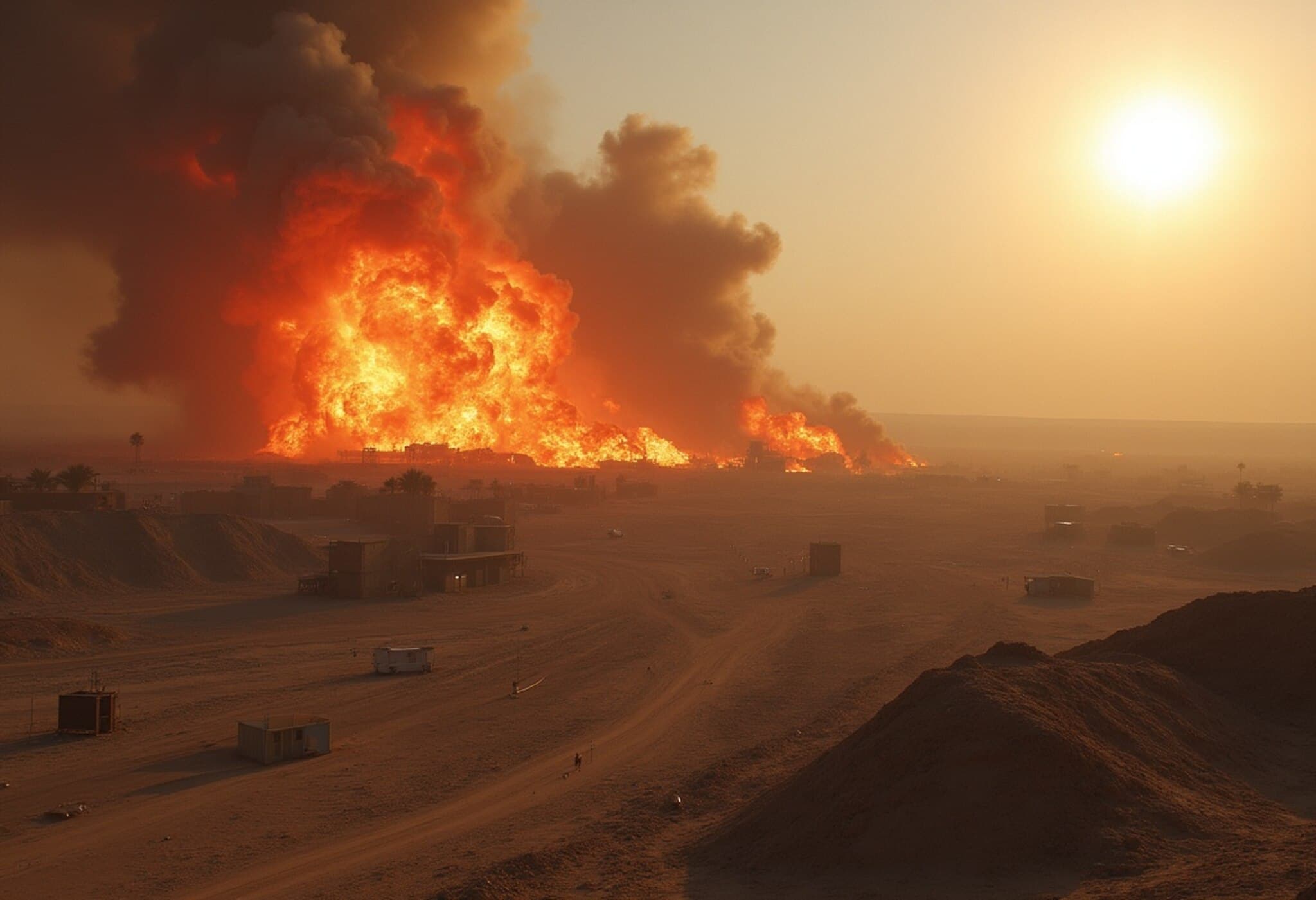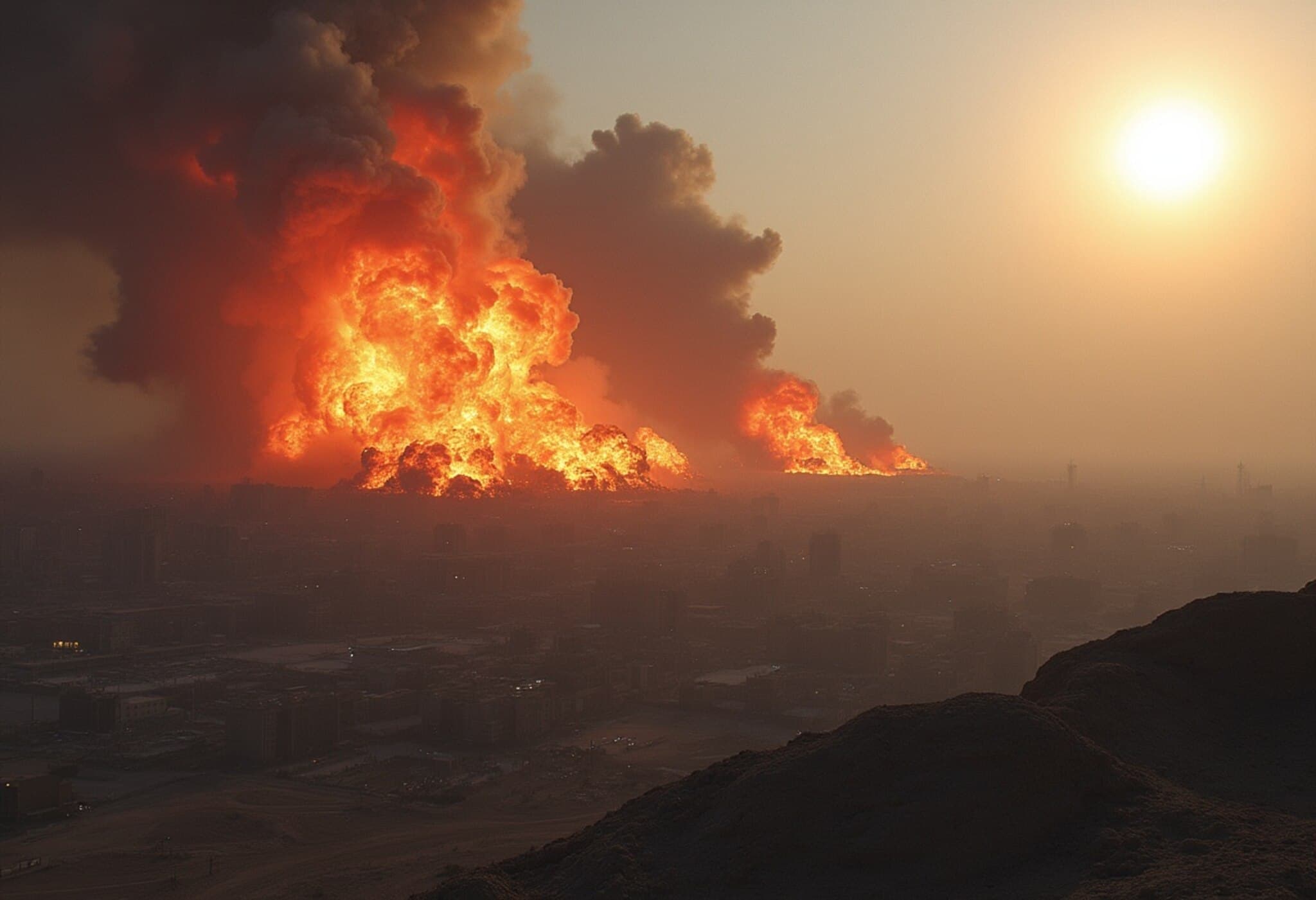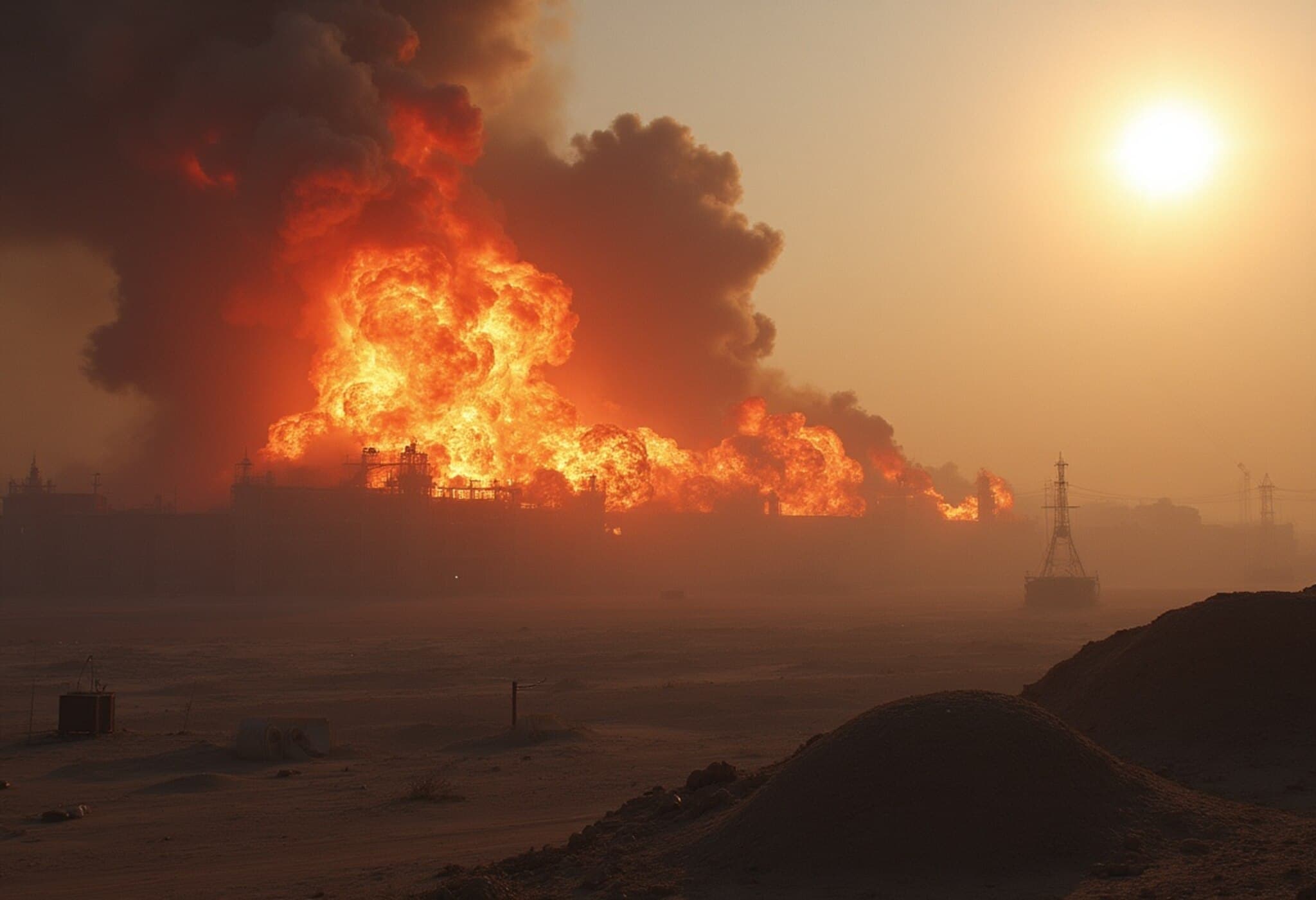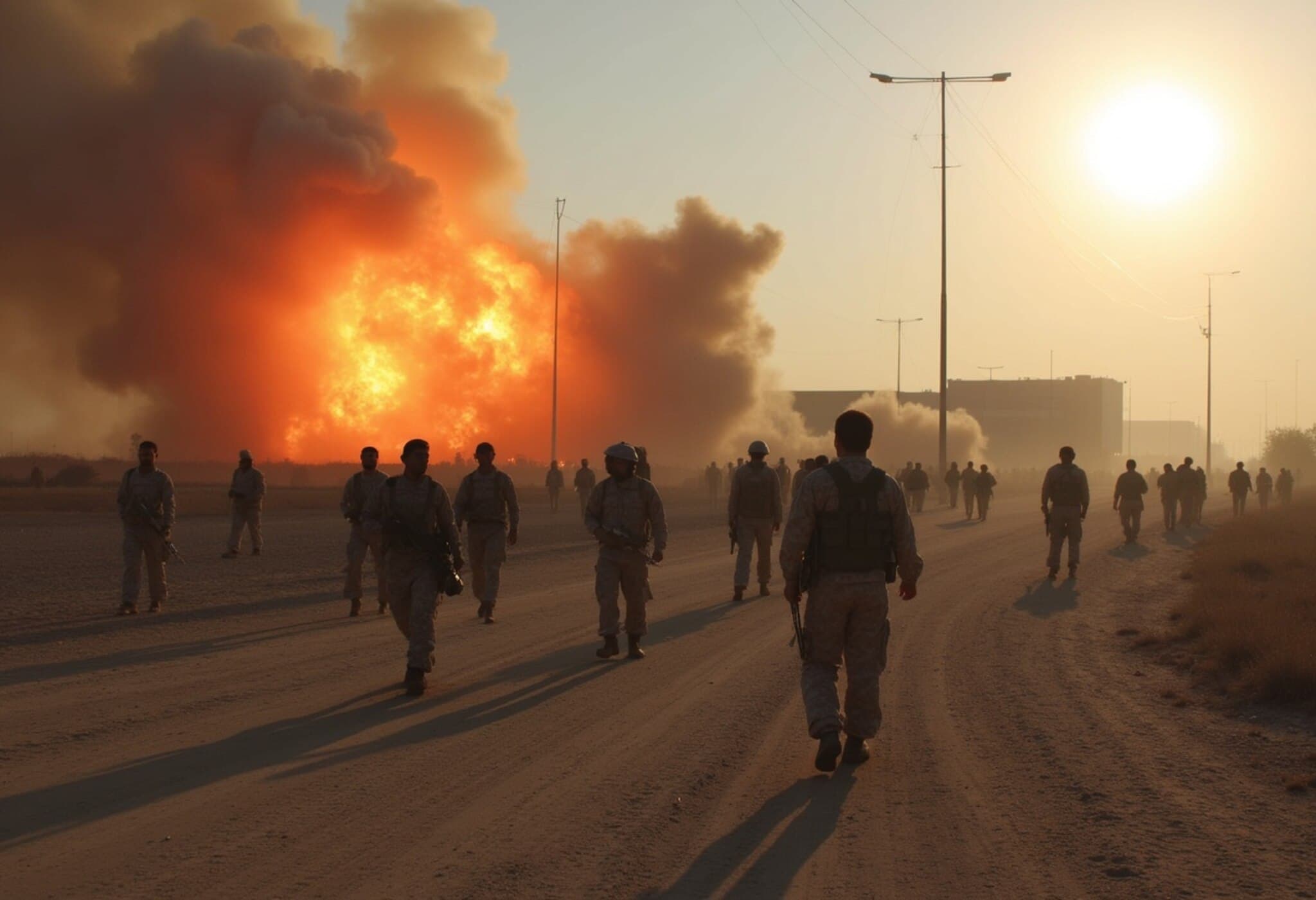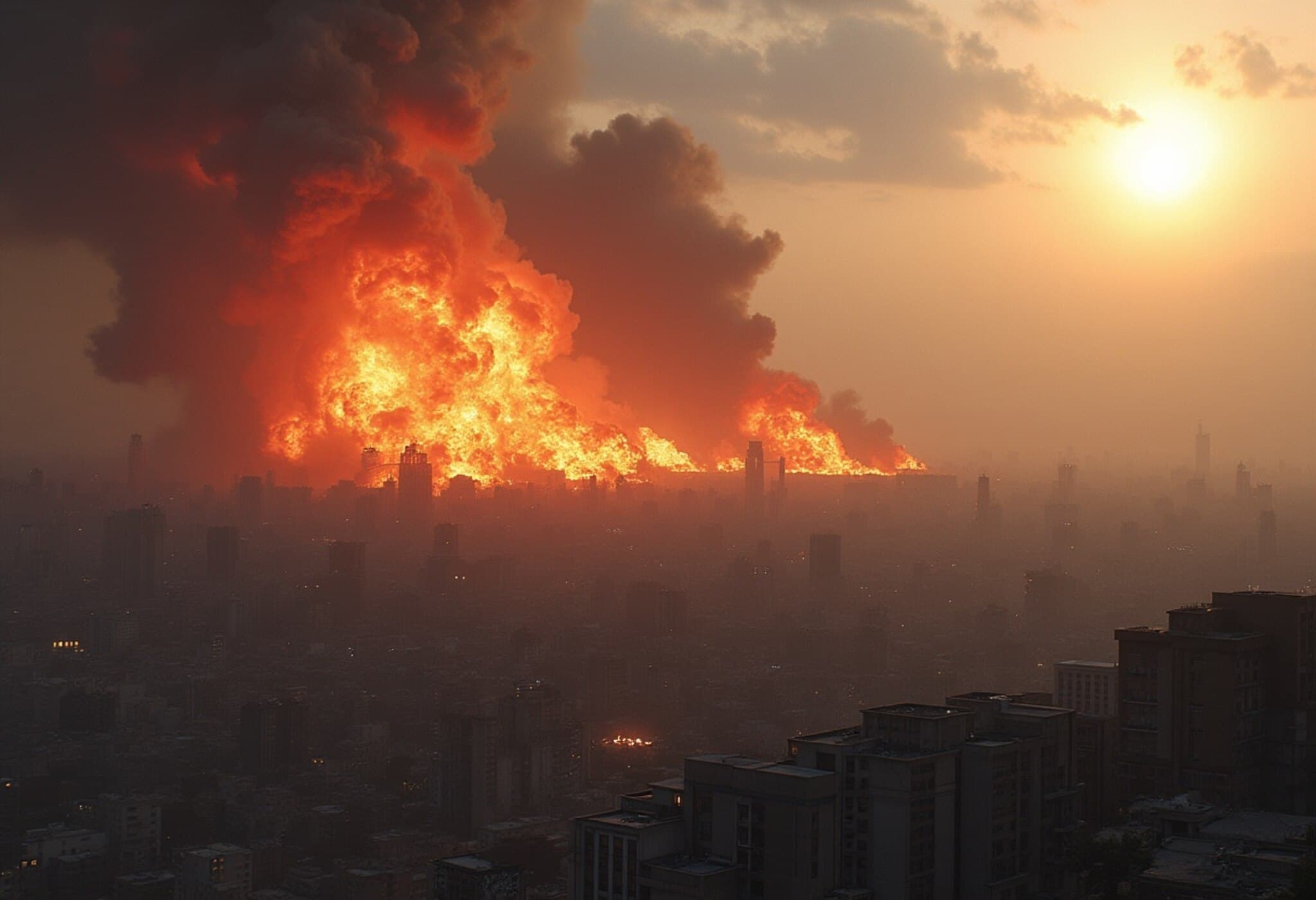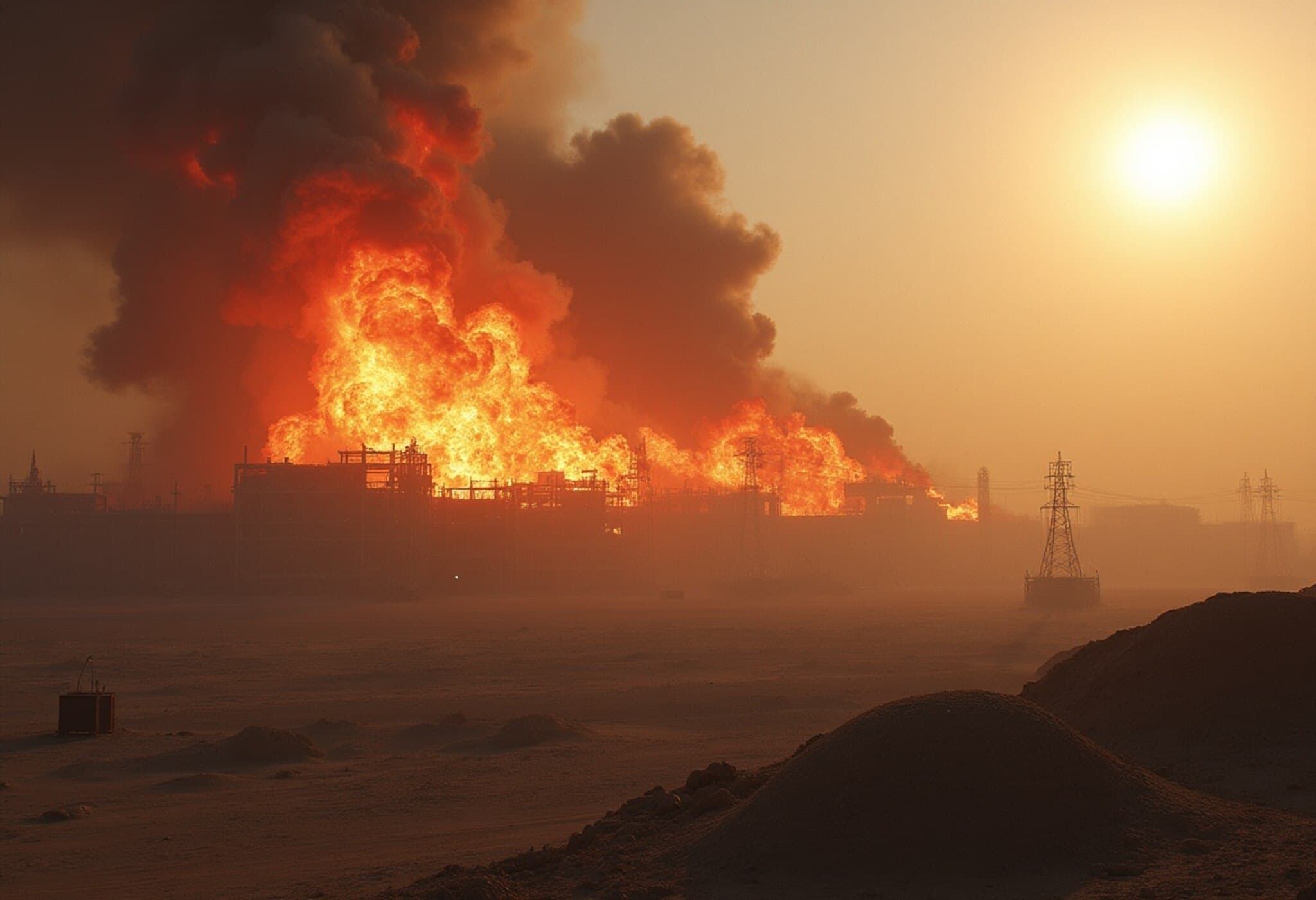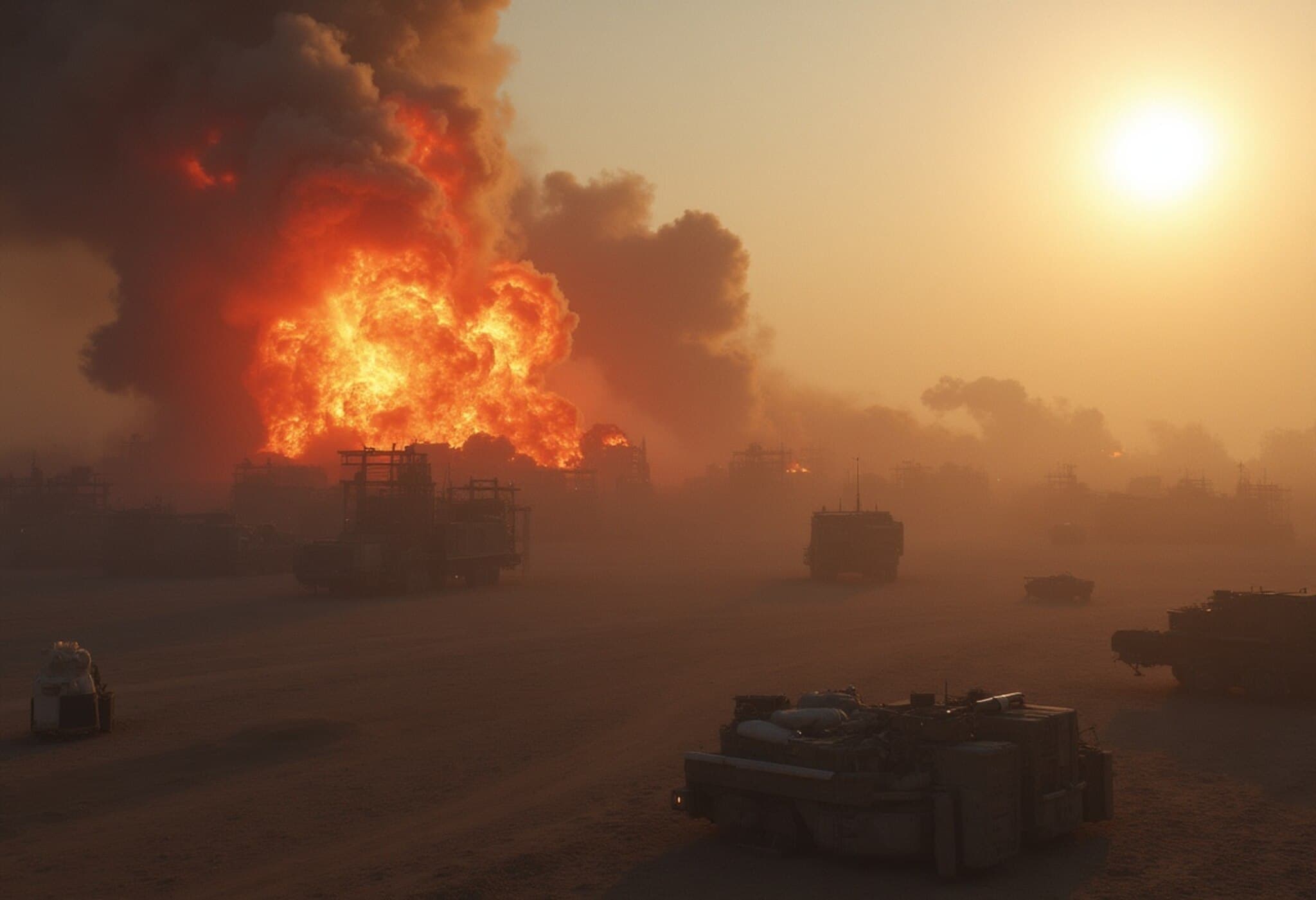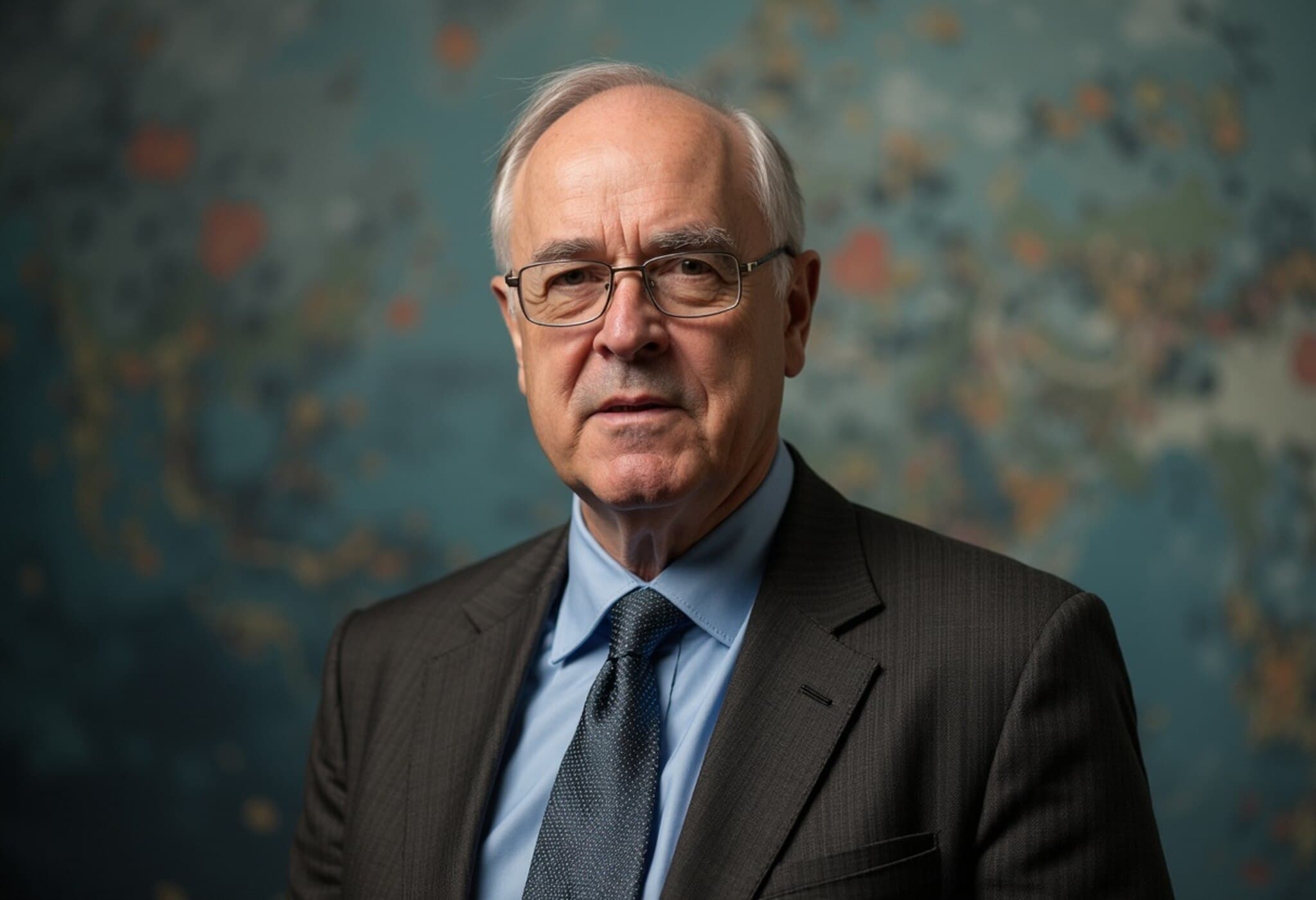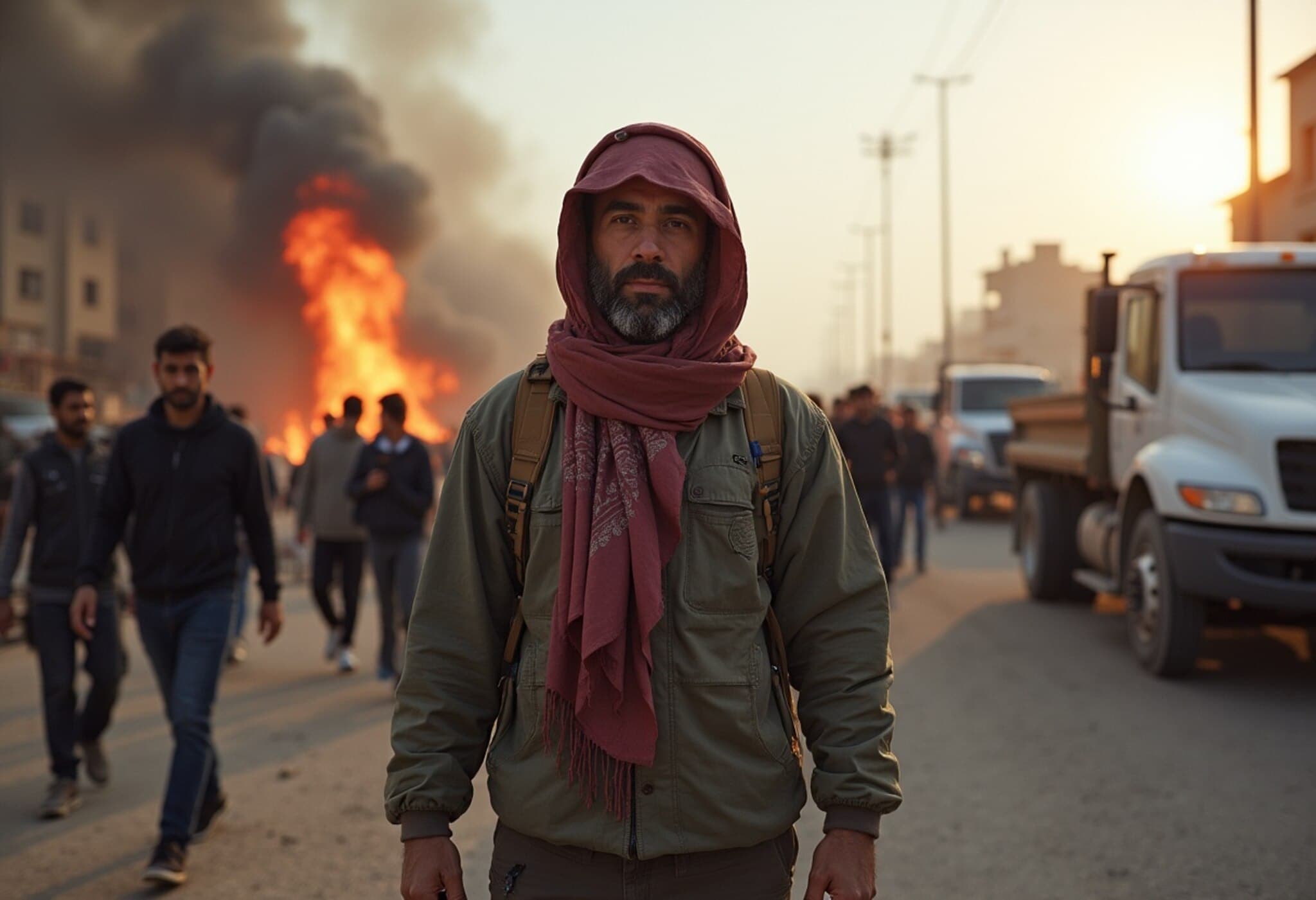UN Nuclear Watchdog Reports No Further Damage at Key Iranian Facilities
Vienna: The International Atomic Energy Agency (IAEA) has confirmed no new damage at Iran's major uranium enrichment sites following recent Israeli military strikes. IAEA Director General Rafael Grossi provided an update on Monday, revealing the current status of Iran’s nuclear facilities after the attack.
Details on Damage at Natanz and Fordow
According to Grossi, the strike destroyed the above-ground pilot plant within the Natanz nuclear complex—Iran's smallest enrichment facility. While the underground Natanz enrichment plant itself was not physically attacked, its power supply was severed, potentially harming the uranium-enriching centrifuges housed there. The Fordow enrichment plant, fortified deep within a mountain, suffered no damage from the incident.
“Since the Friday attack that demolished the pilot plant’s above-ground section, there has been no further harm at the Natanz Fuel Enrichment Plant,” Grossi stated during a special session of the IAEA Board of Governors, which includes 35 member countries.
Esfahan Site Suffers Multiple Building Damages
In addition to Natanz, Grossi disclosed new information about damage at the Esfahan nuclear complex. Four key buildings were impacted during the Israeli strike:
- The central chemical laboratory
- The uranium conversion plant
- The Tehran reactor fuel manufacturing plant
- The uranium tetrafluoride (UF4) to enriched uranium metal processing facility, which was under construction
This facility is crucial as it processes “yellowcake” uranium into uranium hexafluoride, a feedstock necessary for centrifuge enrichment.
IAEA’s Ongoing Commitment to Monitoring
Reassuring the international community, Grossi emphasized the IAEA’s continued presence in Iran. Safeguards inspections will resume “as soon as safety conditions allow,” upholding Iran’s obligations under the Nuclear Non-Proliferation Treaty (NPT).
“The Agency remains committed to verifying Iran’s nuclear activities and ensuring transparency despite recent disruptions,” Grossi said.
The situation underscores the fraught tensions surrounding Iran’s nuclear program and the delicate role international agencies play in monitoring compliance amid regional conflicts.

